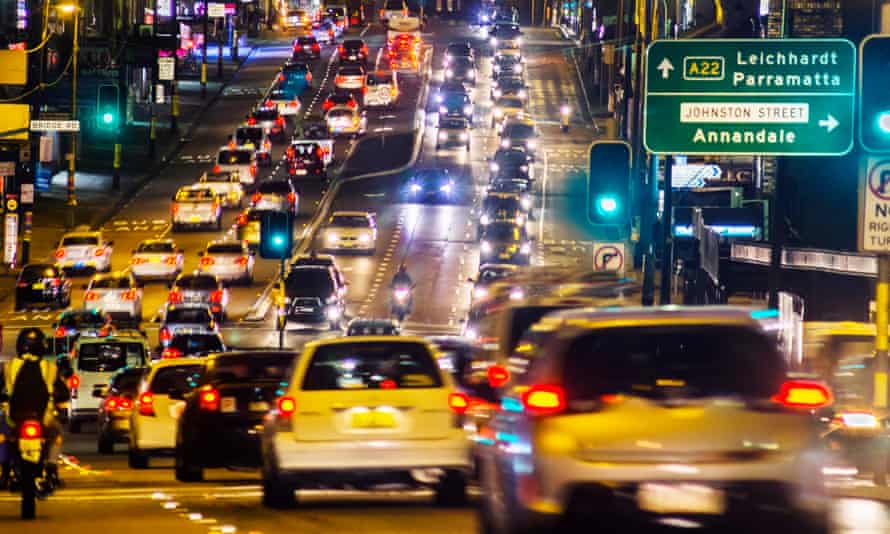Extract from The Guardian
The sad state of affairs is that, since the end of the carbon price, much that is good for growth is bad for reducing our emissions

Last modified on Sun 6 Jun 2021 06.02 AEST
This week came the news that we had discovered how to reduce emissions at a rate needed to get to net-zero by 2050 without imposing an economy wide price on carbon.
All we needed was a worldwide pandemic. Simple.
The lack of activity last year meant our emissions excluding land use fell to 2004 levels.
But while it is good that the pandemic is more under control than it was last year, what this inevitably means is that emissions will again rise. And we know this because this week also came the news that Australia’s GDP is growing solidly.
Australian households in the past 12 months spent a stunning $26bn less on transport services than we did in the 12 months to March 2020. Because household spending is a key driver of economic growth that meant our lack of spending on transport cut the national economy by around 1%.
And because there is almost a perfect correlation between the amount spent on transport services and transport emissions, this also meant in the 2020 emissions produced from transport fell 12%.
Before the pandemic the only time annual transport emissions had fallen was in 2013 when they went down a mere 0.9%.
So massive was the fall that although the transport sector only makes up 18% of all emissions, it accounted for almost half of the entire drop in emissions last year.
But we can expect those emissions to start rising back to pre-pandemic levels – indeed in the last three months of last year quarterly transport emissions rose 3.3% – the biggest jump ever recorded.
Graph not displaying properly? Click here
The pandemic has been a horrible event and yet within it lies opportunity – emissions have fallen at a rate we need them to keep falling, and the hit to the economy means there is a massive need for government investment.
It is the perfect moment to go big investing in the infrastructure that will drive the change to electric vehicles and renewable energy.
And yet, it looks to be a lost opportunity.
There is no shift towards electric vehicles from the Morrison government, the Victorian government has decided to tax electric vehicles, and, as the Australia Institute’s Richard Denniss has noted, the recent budget provided nothing to encourage EV take-up.
The Morrison government wants to build a gas-fired power plant while rejecting recommendations to fund a wind-farm and battery project in North Queensland.
Scott Morrison still refuses to even commit to a target year for reaching net-zero and is thumbing his nose at the rest of the world even while the threats of carbon tariffs continue to be raised.
Daniel Hurst reported that Morrison has said Australia will take “the Frank Sinatra approach” to climate policy. “We’re going to do it our way in Australia, the Australian way.”
That’s fine, but doing it our way implies actually doing something.
And we are not.
To get to net-zero emissions by 2050 we need to cut emissions by around 34% from 2020 levels in the next decade. We’re on pace to cut them by 4%.
The problem of this week isn’t that GDP is unimportant, it is that for now it gets much more attention and focus than do emissions.
The political cost of low GDP growth is much greater than is barely falling or rising emissions. And there is no political cost at all about doing nothing to decouple GDP and emissions growth.
As we saw this week with its laggard moves to provide assistance to Victorians, and its farcical efforts to keep to commitments to vaccinate those in aged care facilities, the Morrison government resists doing anything and then will only do the bare minimum it thinks needs to be done to get past any political problem.
Until reducing emissions becomes a political problem, we cannot expect the Liberal party to do anything.
No comments:
Post a Comment